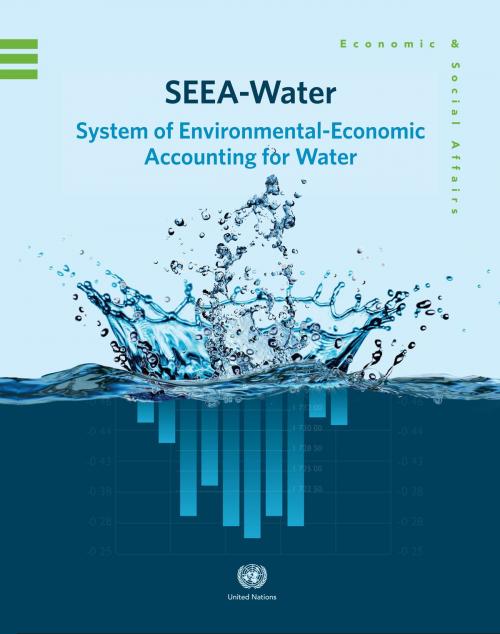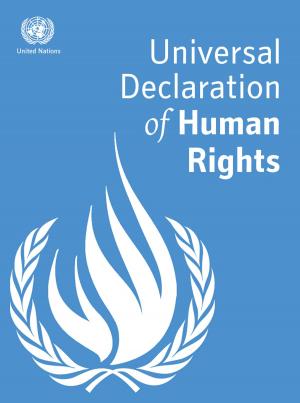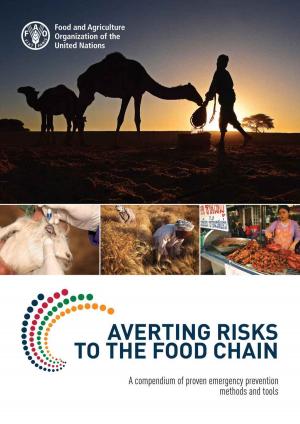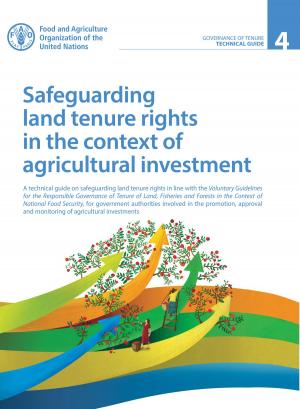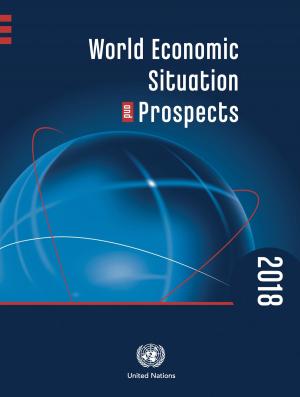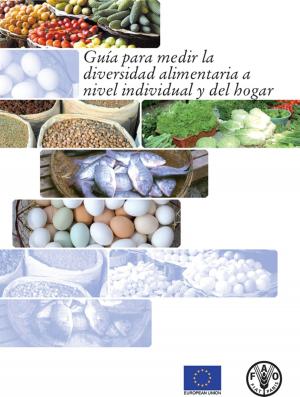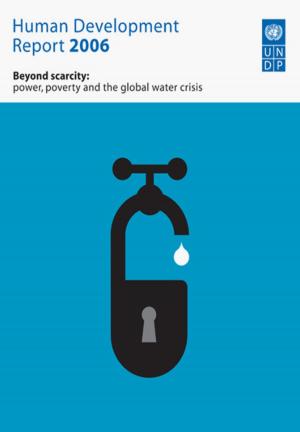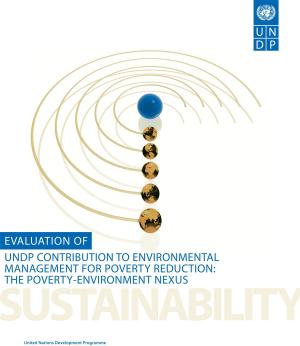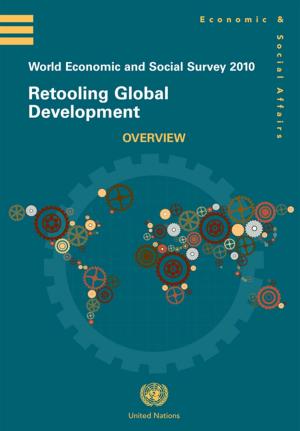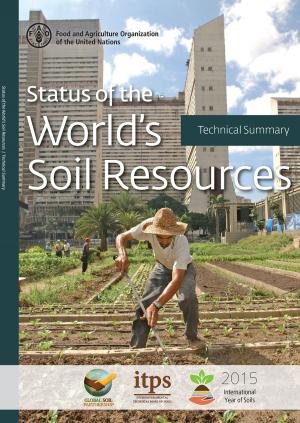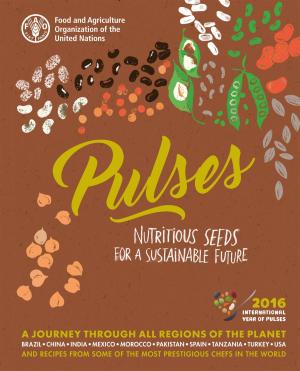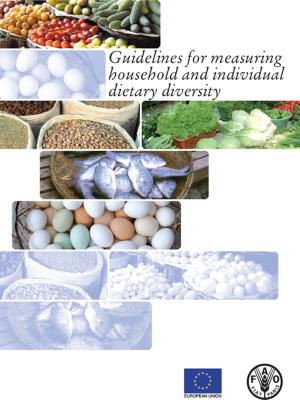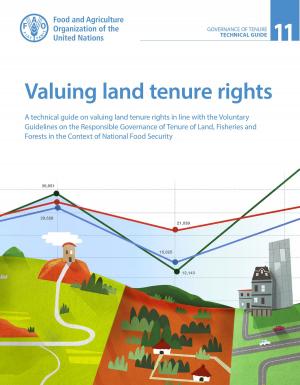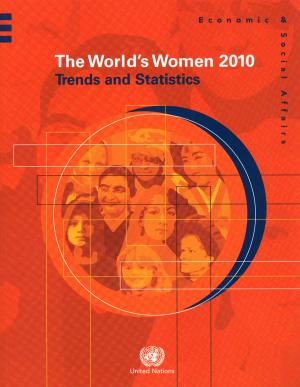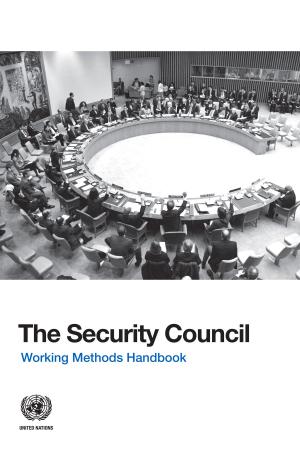| Author: | United Nations | ISBN: | 9789210549189 |
| Publisher: | United Nations | Publication: | February 10, 2012 |
| Imprint: | Language: | English |
| Author: | United Nations |
| ISBN: | 9789210549189 |
| Publisher: | United Nations |
| Publication: | February 10, 2012 |
| Imprint: | |
| Language: | English |
The System of Environmental-Economic Accounting for Water, commonly referred to as SEEA-Water, is a conceptual framework for the organization of physical and economic information, developed with the purpose of providing an integrated conceptual framework to support water policy design and evaluation. It uses concepts, definitions and classifications coherent with those of the System of National Accounts. SEEA-Water is a subsystem of the System of Environmental-Economic Accounting (SEEA), which provides internationally agreed standards for the compilation of measures about the environment and its interactions with the economy. After a rigorous consultation process, SEEA-Water was adopted in 2007 by the United Nations Statistical Commission (UNSC). Part I of SEEA-Water has been adopted as an interim international statistical standard subject to re-evaluation when the SEEA is adopted as an international statistical standard.
The System of Environmental-Economic Accounting for Water, commonly referred to as SEEA-Water, is a conceptual framework for the organization of physical and economic information, developed with the purpose of providing an integrated conceptual framework to support water policy design and evaluation. It uses concepts, definitions and classifications coherent with those of the System of National Accounts. SEEA-Water is a subsystem of the System of Environmental-Economic Accounting (SEEA), which provides internationally agreed standards for the compilation of measures about the environment and its interactions with the economy. After a rigorous consultation process, SEEA-Water was adopted in 2007 by the United Nations Statistical Commission (UNSC). Part I of SEEA-Water has been adopted as an interim international statistical standard subject to re-evaluation when the SEEA is adopted as an international statistical standard.
